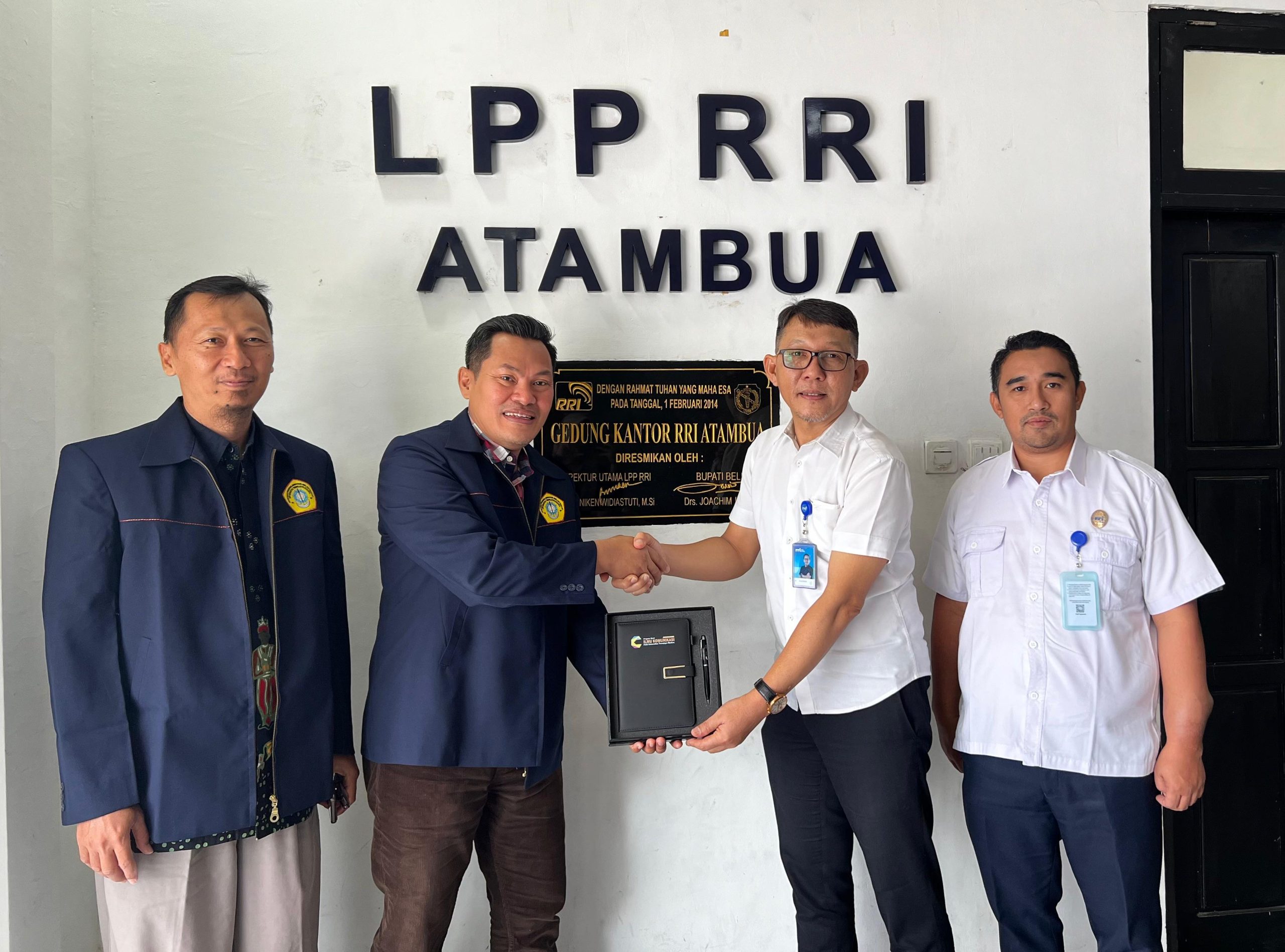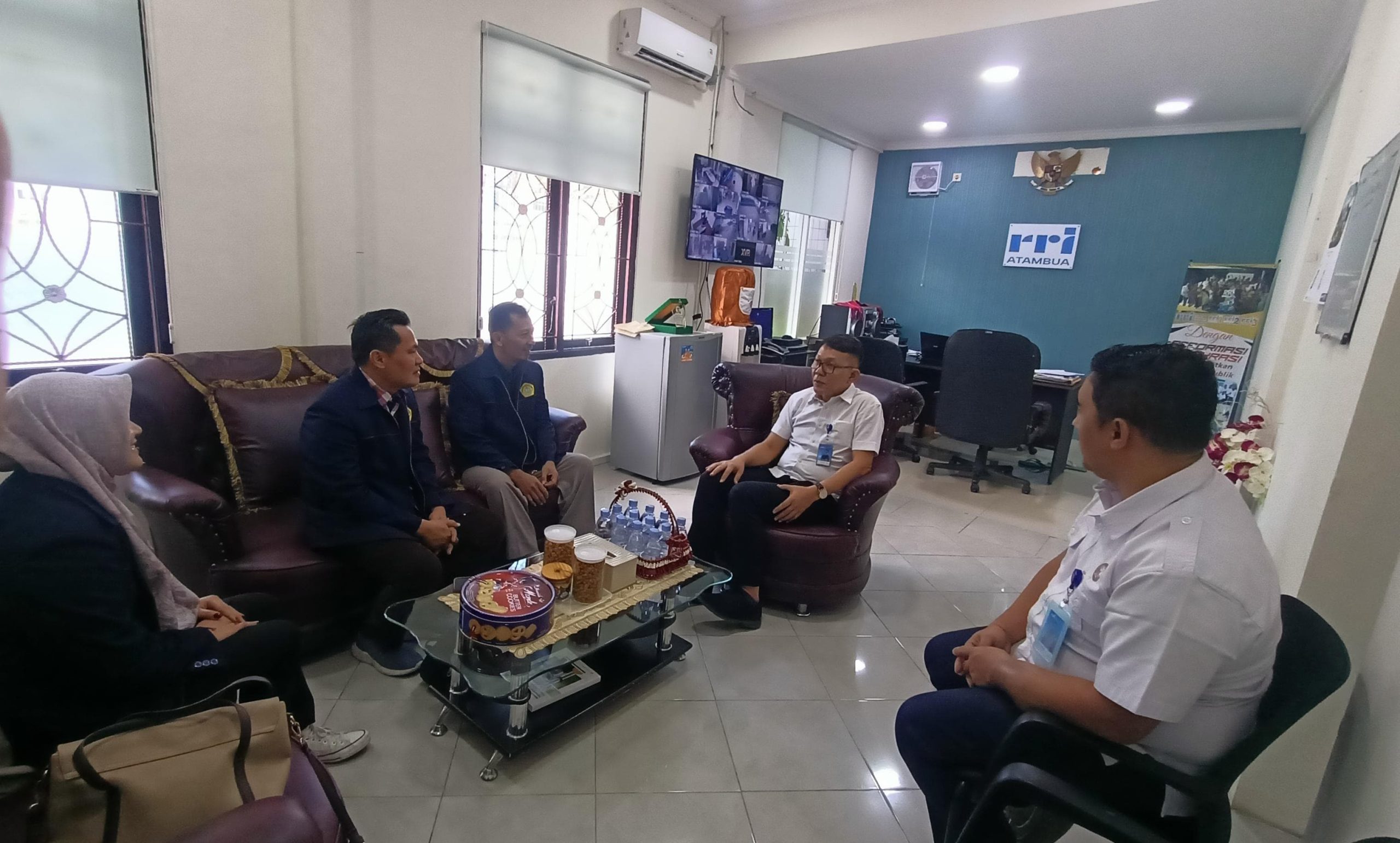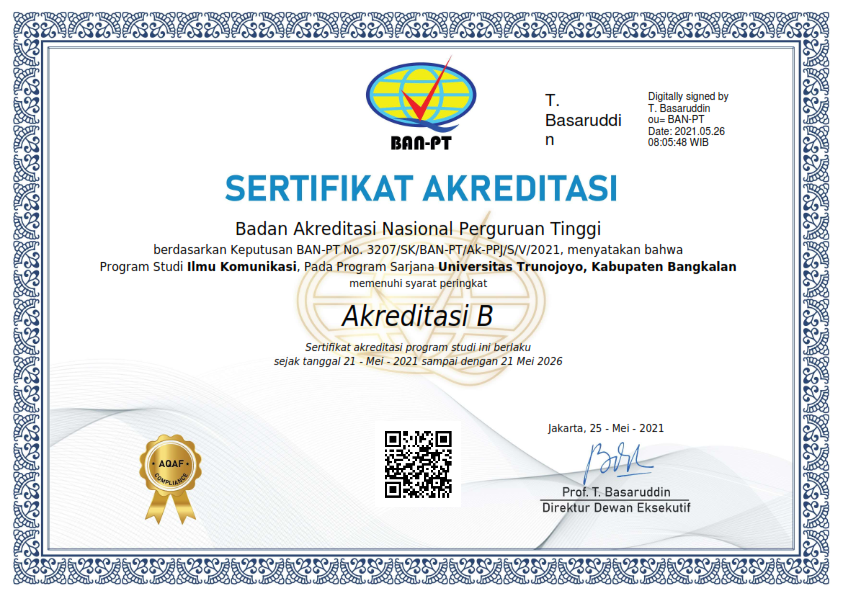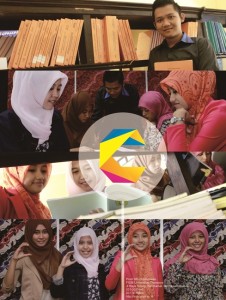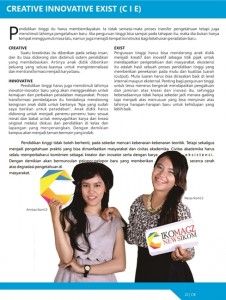Kupang, October 21–22, 2024 — Nusa Cendana University (Undana) held a professional membership participation event initiated by the Association of Higher Education in Communication Sciences (ASPIKOM). The event aimed to support the enhancement of academic journal quality, specifically the Communication Science Program’s journal, to achieve SINTA 2 reaccreditation and expand networks for academic collaboration.
On Monday, October 21, 2024, the event took place at the Communication Science Program, Faculty of Social and Political Sciences, Nusa Cendana University, from 10:00 AM to 1:00 PM WITA. The event brought together lecturers from the Communication Science Program, Faculty of Social and Cultural Sciences (FISIB) at Trunojoyo University Madura (UTM), and FISIP at Nusa Cendana University. During this occasion, participants discussed journal management strategies aimed at enhancing the quality of scientific publications and fostering inter-university collaboration in journal management.
The following day, Tuesday, October 22, 2024, the event continued with a visit to LPP RRI Atambua in Belu Regency, East Nusa Tenggara, from 8:00 AM to 10:00 AM WITA. This visit was part of an ongoing partnership between LPP RRI Atambua and Nusa Cendana University to support the dissemination and advancement of knowledge in the field of communication.
This activity aligns with long-term goals to build a quality support system in UTM’s Communication Science Program, with the following objectives:
- Increase lecturer participation in professional organizations such as ASPIKOM, ISKI, and PERHUMAS.
- Promote the dissemination of scientific works through academic forums and publications.
- Strengthen the tradition of academic activities that support independent and practical learning.
- Build institutional partnerships to enhance productivity within the Communication Science Program at FISIB UTM.
- Fulfill Key Performance Indicators (KPIs) through collaborations with international partners.
By participating in this activity, the anticipated benefits include expanding networks among colleagues within ASPIKOM, improving journal management, and supporting more innovative and professional communication studies.
(Author: Fadilah of Communication Science)

